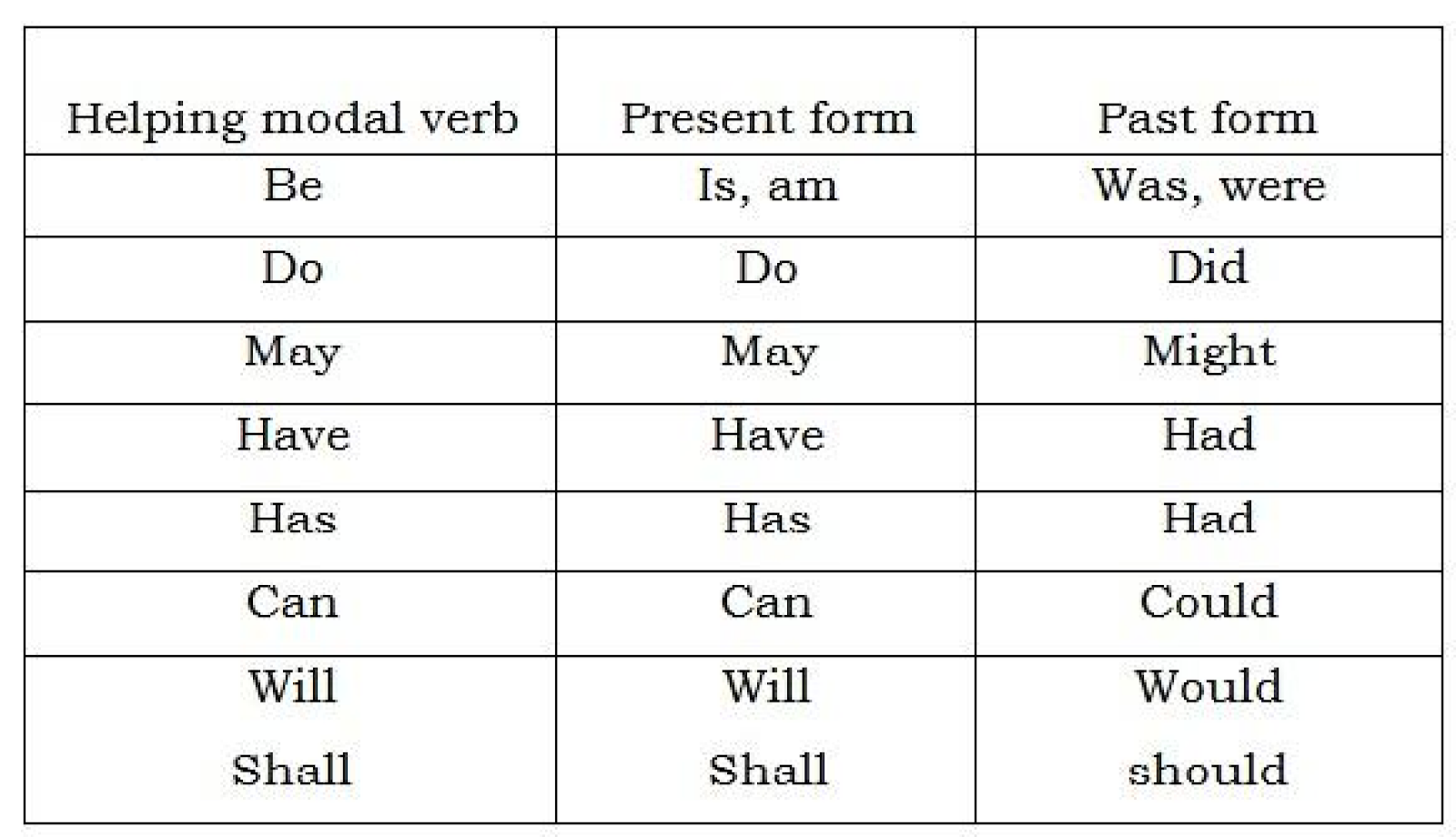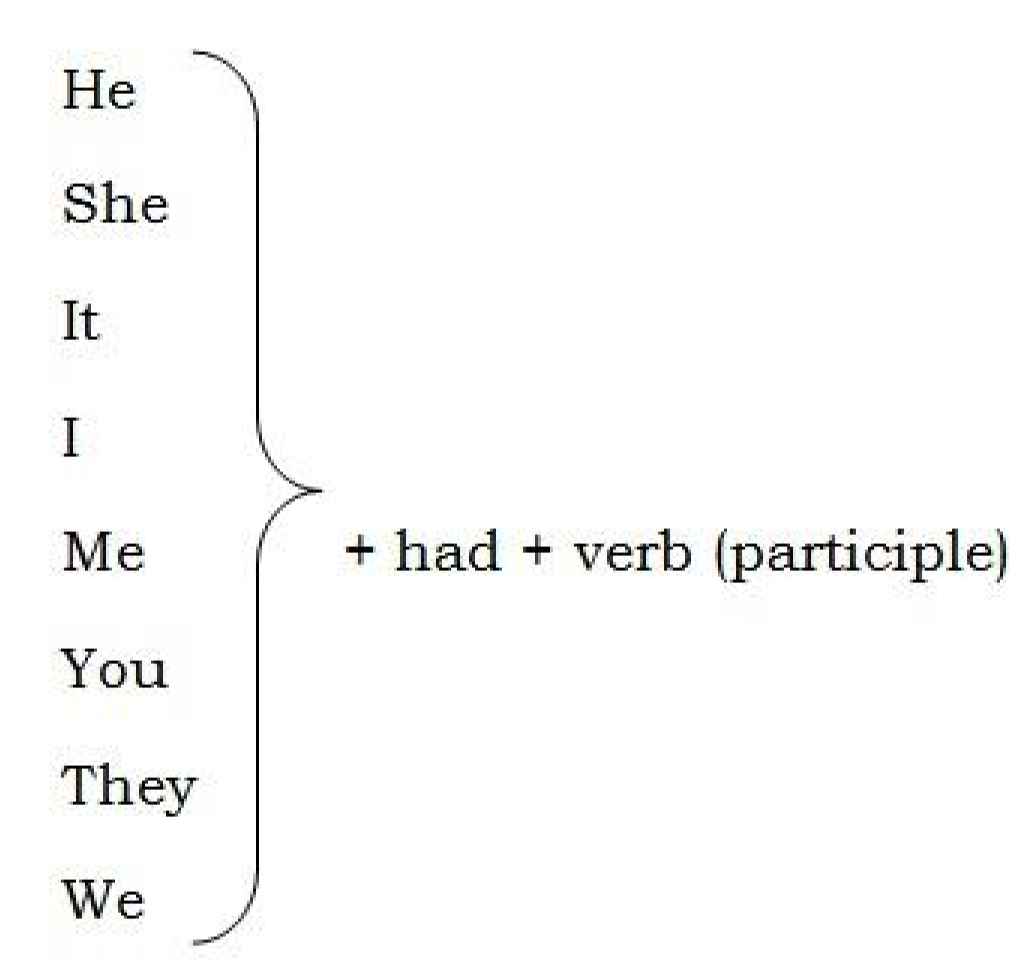This give a particular form of verb endings it is sometimes called PAST TENSE
Note: common adverb Last week, yesterday etc.
Example:
My brother got married last Friday
Last week they closed the school
Expressing past activities
Tense is expressed by verbs. These verbs in the past tense be have with regular ending with-ed,ed, and others behave with irregular ending. Example see-saw, get-got, cut-cut.
Adverbs that show past tense
- Yesterday – I saw him yesterday
- Last – we were at club last Friday
- Ago – they met two years ago
- Previous – she experienced this problem from the previous.
edu.uptymez.com
– Such characteristics of irregular verb also apply to helping or modal verbs

Note: the past tense of the above modal helping verbs are common in conditional clauses that is if……… then…………..
Structure
Past perfect tense
Format
Subject + had + verb in participle

Examples:
I had seen several football games
I had done the job
Structure
Adjective: is a word that is used to describe a noun or a pronoun
General classification of Adjectives
- Adjectives of colour
edu.uptymez.com
e.g. black, yellow, green, purple, orange, red
- Adjectives of size and shape
edu.uptymez.com
e.g. small, giant, round, etc
- Adjectives of quantity
edu.uptymez.com
e.g. many, few, little, much
- Adjectives of age
edu.uptymez.com
e.g. old, new, middle, young.
- Proper adjectives or adjectives of origin
edu.uptymez.com
e.g. African, Kenyan, French (vi) Adjective of use
e.g. useful, useless
ORDER OF ADJECTIVE
Where there is more than one adjective before a noun in a sentence, the order of adjectives is as follows:
- 1st adjective – Describes the number (Quantity)
- 2nd adjective – Describes the general size and shape
- 3rd adjective – Describes age
- 4th adjective – Describes colour
- 5th adjective – Describes where it comes from (origin)
- 6th adjective – Describes what is made up of
- 7th adjective – Noun
edu.uptymez.com
Examples:
